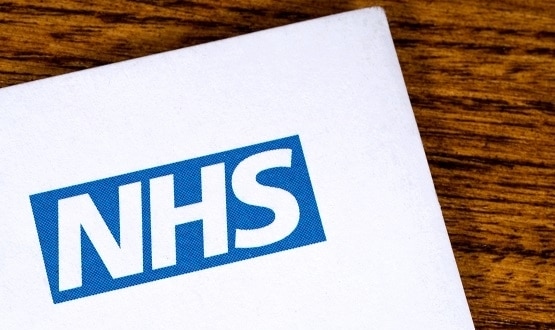‘Lessons to be learned’ for NHS following PAC report into digital challenges
- 10 December 2021

NHS Providers have said there are “lessons that can be learned” for the NHS after the Public Accounts Committee (PAC) published a report which looked into the challenges in implementing digital change.
The report, which was published on 10 December, looked into large-scale transformation projects carried out by the government and makes several recommendations on how things could be improved.
This includes:
- The Cabinet Office should develop a robust and certifiable digital business change education process aimed at ministers, Departmental boards and senior civil servants and should make certification a pre-requisite for taking on key roles. The Department should provide an update to the Committee on progress in six months
- The Cabinet Office should develop guidance on how to approach legacy integration, and mandate rigorous and professional design, data and infrastructure controls and practices, with appropriate accountabilities
- At the start of 2022 the CDDO should work with departments to map legacy systems across government to document what is there, why it exists and how critical it is. By the end of 2022 the CDDO should use this to produce a pipeline of legacy systems they have prioritised with milestones for action. This pipeline should be shared with the Committee
NHS Providers was among those who provided evidence for the report and its deputy chief executive, Saffron Cordery, said the health service will “recognise many of the challenges” set out in the report and that “lessons can be learned”.
She added: “Over the course of the pandemic, trusts have accelerated innovation and digital has become a core part of everyday operations, enabling trusts to introduce significant changes in the ways services have been delivered.
“Many trusts are advancing from digital adoption to true digital transformations, where technology is enabling new working cultures and patient experiences.
“These transformations are being led from board to ward as the NHS is equipping itself with internet era skills and expertise to deliver on digital.
“We will continue to support trusts with their digital agendas to help them sustain the momentum on digital built up during the pandemic.”
The report summarises that the “government faces significant long-term barriers to successful digital change that will take much time, effort, and money to overcome”.
“For example, there is a lack of digital skills and capability among government’s senior non-specialist leadership, who need to understand the scope of these vast programmes, many of which have embedded ‘legacy’ systems,” it adds.
“Such systems are widespread across government but can be unreliable, hard to support, and frustrate efforts to modernise services.”
In response to the report, MP and chair of the PAC, Dame Meg Hillier, said the public “deserve much better than this”, adding that the “dysfunctional, damaging and sometimes dangerous systems” that are in place “aren’t helping emergency services save lives”.
The Public Accounts Committee has previously looked into the 2017 WannaCry cyber-attack with its report raising concerns about the pace at which lessons learned from the ransomware incident were being put into action.





3 Comments
“For example, there is a lack of digital skills and capability among government’s senior non-specialist leadership, who need to understand the scope of these vast programmes, many of which have embedded ‘legacy’ systems,”
The above quote is the NHS in a nutshell, the lack of digital skills among NHS managers are astonishing. As a product owner, digital transformation in the NHS will be so much easier if managers understand what is possible!
It would be useful to include a link to the report in future articles if possible.
Apologies Steve – link has been added
Comments are closed.